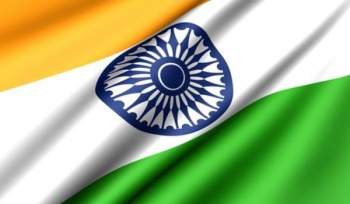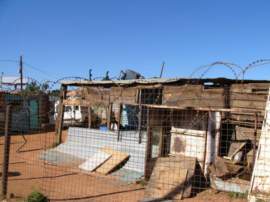
How is India Partitioned?

Political divisions rarely occur in a very clean way. When land is reorganized into new territories, and new countries formed out of large blocs, the logistical concerns of getting people from place to place are very real, and potentially destructive.
After the collapse of the Soviet Union, for example, the republics that were once so closely guarded by a Communist military presence became autonomous entities. In the wake of the change, people who were formerly constituents of the USSR at least temporarily became refugeesPrior to the Partition of India, Hindus and Muslims in India inhabited the same space in the form of one colony under the rule of the British crown.
Therefore, prior to the campaign for a separate Muslim state, factions within India were already seeking liberation from imperial dominion. While early on, as is understandable, objection to British authority manifested itself in the form of militant opposition, the independence movement later came to be defined by the doctrine of non-violence preached by and symbolized by Mohandas Gandhi.
It took much time for those in power to accede to any change, but eventually, India was awarded its sovereignty through the Indian Independence Act of 1947. However, contained within this decree as well was a plan for the partition of India, which would create the two independent states of India and Pakistan.
The end of the Indian independence movement would prove to be rather bittersweet. Of course, the gain of independence was a blessing for those who had long sought this dream. However, the partition of India was not something that all Indians supported; Gandhi, for one, objected to the division of the territory between India and Pakistan because it ran contrary to the unity his methods had stressed.
Nonetheless, that is exactly what happened. The official partition of India went into effect between August 14 and August 15 of 1947. The latter date was reserved for the establishment of India, and Pakistan thus commemorates August 14 as its independence date. Unfortunately, though, the huge population transfers of Hindus and Sikhs to India and Muslims to Pakistan created a refugee problem.
The Partition of India was directly responsible for the creation of over 10 million refugees. What's more, in the haphazard as well as rushed migration between India and Pakistan, many lives were lost. All told, estimates from the religious clashes that erupted in the translation across borders approached one million persons lost.
NEXT: What was the Balkans War?





















